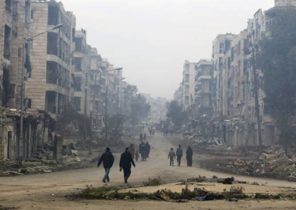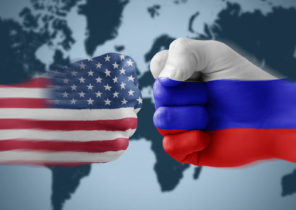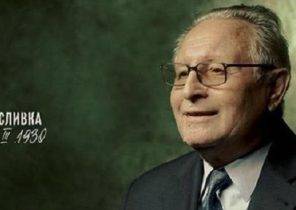Moscow in its usual manner, has criticized the report of the Commission on intelligence and security, labeling it as a manifestation of “Russophobia”. For several decades she brushes off the accusations of espionage and subversive war against Britain as a manifestation of racism — reflex is tired of the former Imperial power.
But no need to swallow Kremlin propaganda, to see what effect the report’s recommendations for Britain. If applied in full, under suspicion will be every Russian who comes to the country or lives here. As a result of actions of the Russian government, starting from the annexation of Crimea poisoning in Salisbury, United Kingdom, previously held in relation to Russia’s ambiguous stance, now moved to the active distrust.
The authors of the report, drawing a direct connection between the use of the economy of the UK as a haven for money laundering and hostile actions against the British state, don’t stop there. The report could lead to a witch hunt in the spirit of the anti-Communist campaign, the likes of which not seen since the cold war, or the 1920-ies. The focus of the leadership of the security services will not only oligarchs, but also their assistants, lawyers, companies involved in public relations, private bankers, real estate agents. They are already branded as “collaborators”.
Wealthy Russians don’t just buy a large house in London and the surrounding counties. They are buying football team, represents a significant professional services; they invest. To determine what is the source of this wealth is often accumulated in a period of wild, rough of privatization in Russia in 1990-e years, — is too heavy a task for the National Agency for the fight against crime.
The Agency considers itself as the equivalent of the American FBI, and the emergence of the 2018 Decisions about unexplained wealth gave the secret service the ability to freeze assets. For the most part to gather the evidence necessary to reflect legal claims, and to succeed at the trial is hardly possible. Hangs over the security services is also a problem of funding. To allocate to fight alleged Russian intervention as much as on the fight against terrorism will require a huge budget increase.
Honestly the choice is between a creation of our own more comprehensive and more Intrusive regime of the security services and the definition of some of the nuances of the prosecution of offences of the Russian side. The next step is to clearly distinguish between those Russian citizens, who can really be of interest to the intelligence services, and those who want to provide refuge, showing them compassion. In the first category we must persecute all those who thinks he can circumvent British sanctions. This includes grown up children, and associates of Vladimir Putin. The Magnitsky list is proof of how meticulously we can identify those who are responsible for serious violations of human rights. Interest and persons not included in any sanctions list, but clearly are beneficiaries of Putin’s patronage.
To calculate the money launderers difficult, but Britain should enhance cooperation with other countries, for example Netherlands and also with the activists involved in the fight against corruption in Russia, Eastern Europe and Central Asia.
For the “illegals” of intelligence is required to conduct a more thorough observation. It is an expensive venture, but no other way to stop Russian intelligence agencies, like the GRU, to use Britain as their landfill, no. The struggle for an end to Russian interference in the democratic process through donations to political parties and cyber-attacks — should be included in a more extensive campaign, including more careful supervision in the protection of our critical infrastructure.
However, to draw a clear line between malevolent Russian government and ordinary Russians, the British policy should openly declare who does not fall into the black list. They include businessmen, settled here on a permanent basis, as they were expelled from Russia by Putin’s kleptocratic environment. And those who were ruined in the result of falsified accusations at home.
The shelter must provide those who expose the crimes of the authorities. It should have been obvious since the poisoning of Alexander Litvinenko. Dissidents, environmentalists, student activists, activists involved in the fight against corruption — they are all under attack by the vengeful long arm of the Kremlin and the need to feel in Britain safe.
London was one of the few European cities that have adopted the emigres from Russia who fled from the Bolshevik revolution and the Civil war. Most of them never returned home. Many Russians are now coming to Britain, I hope now to wait out the era of Putin’s rule. They need to give permission to do so, without mixing them together with those who trample on human rights and laundering money just because and those and others have Russian citizenship.







